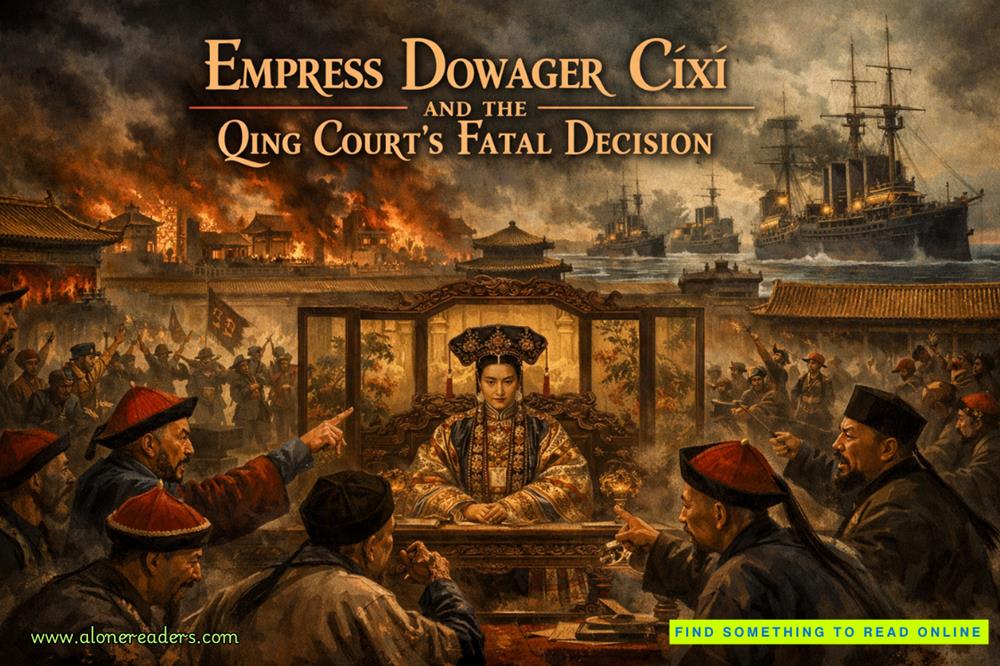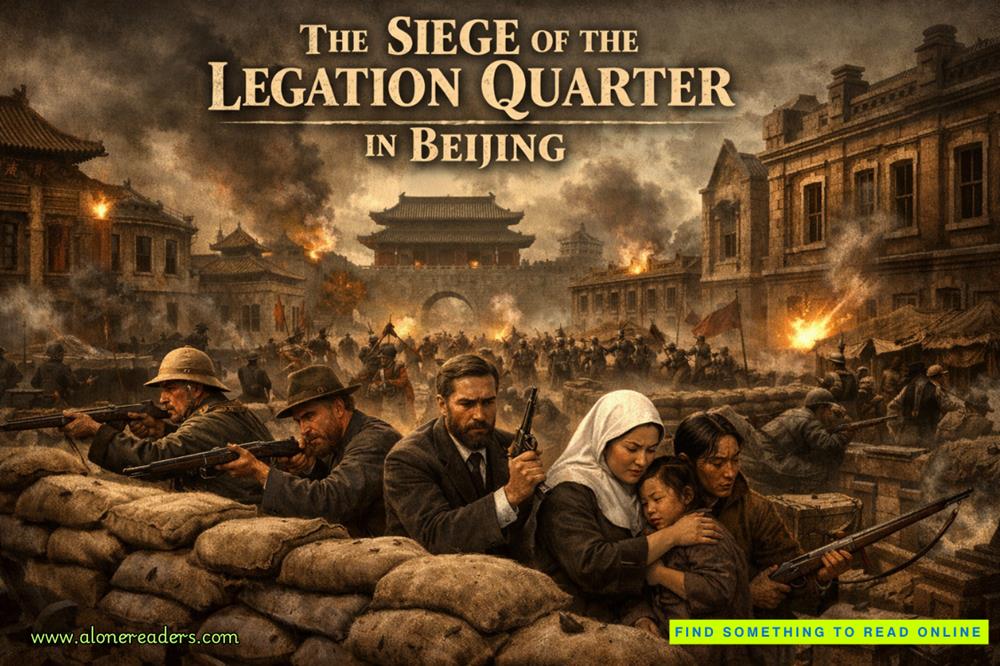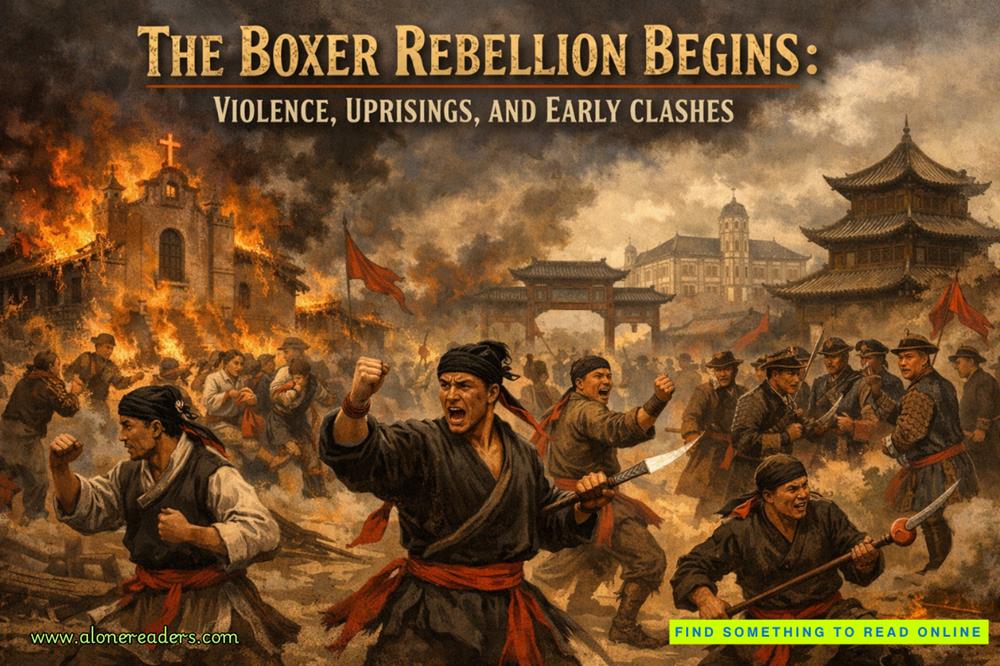My calves.
My forearms.
My heart.
I re-lace my skates and stand, shuffling to the door of my locker room with a new wave of determination. I crack it open and peer out to the hallway, and I’m not surprised to find it empty.
The game ended ninety minutes ago. The arena lights are off. The music has long quieted down. There are no more boos or cheers.
It’s totally silent.
I step toward the rink, unable to stay away.
Whenever I lost a game as a kid, my dad and I would trudge out to the pond in our backyard. The bitter Michigan air nipped at our noses and our fingers turned red with cold, but we didn’t care. We’d replay the game in slow motion and break down where things went wrong or right. Debate if I should’ve made the extra pass or taken the wide-open shot.
It was cathartic to work out my frustrations. To send them out in the world instead of holding them inside.
By the end of the night, once the moon was high in the sky and the stars began twinkling, everything was better. A weight lifted, so I could let the past go and start fresh for the next game.
My dad might not be here to decompress with me tonight, but I know what I need to do. The only thing that is sure to clear my mind and get me back on track before our road game later this week.
It’s an important matchup against our division rival in Milwaukee, and I can’t allow myself to fuck up again.
I don’t bother with gear and pads, skating around the rink in a pair of leggings and a long-sleeved Stars shirt. I shiver at the temperature, but I welcome it.
Some people like to talk about the feelings they’re keeping inside.
I prefer skating.
I always have.
There’s a puck at center ice, and it feels like it’s waiting for me. A consolation prize to make up for some of the worst playing in my career.
I tap it with my stick, a hit that crosses the blue line, and I take off after it with a grunt.
Pretending like I have two defenders in front of me, I fake left then right, just like I did in the second period. I pull back and slap the puck as hard as I can, my aim on the net ten feet in front of me.
I miss.
The puck ricochets off the post with a loudplink, and I narrow my eyes.
“Dammit.”
I go through the play six more times, relaxing as the tension leaves my body with every goal.
Satisfied, I move to my next big mistake of the game: a missed pass from Hudson that resulted in a turnover and a scored point by our opponents.
I know exactly where I went wrong—I was too slow. A half beat late, and I need to practice my speed.
I lean my stick against the boards by the bench and skate toward the opposite goal as quickly as I can. My hamstrings and quads scream as I reach the goal line, and I take a deep breath.
“Again,” I tell myself, knowing the only way I’ll be able to hang with the men in this league is to match their speed and intensity.
I don’t know how long I stay out there.
It could be minutes or hours.
I go back and forth, from one end of the ice to the other, only stopping when my lungs burn like they’re on fire.















